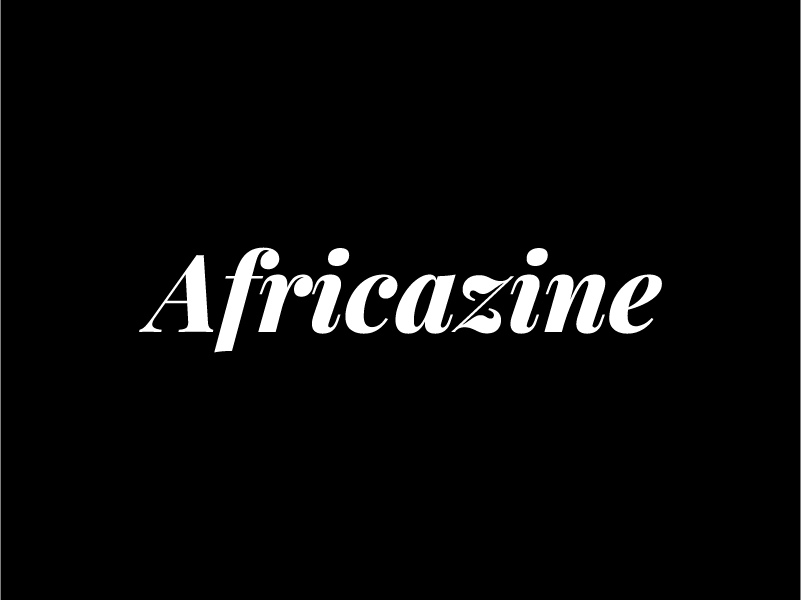In a recent meeting of the Federation Accounts Allocation Committee (FAAC), significant revenue allocations were made among Nigeria’s tiers of government, totaling an impressive ₦1.203 trillion for the month of August 2024. The assembly, presided over by the Minister of Finance and Coordinating Minister of the Economy, Mr. Wale Edun, took place in Abuja and presented a detailed breakdown of the federation’s financial resources.
This ₦1.203 trillion is comprised of various revenue streams including ₦186.636 billion from distributable statutory revenue, ₦533.895 billion from Value Added Tax (VAT), ₦15.017 billion from the Electronic Money Transfer Levy (EMTL), and ₦468.245 billion from exchange differences. Thus, the financial allocation reflects not only the government’s commitment to sustaining economic growth but also the avenues through which public funds are being mobilized.
According to a FAAC report released by the Director of Information in the Office of the Accountant General of the Federation, Nigeria netted a total revenue of ₦2.278 trillion in August alone. Following typical financial protocols, deductions for cost of collection amounted to ₦81.975 billion, while a total of ₦992.617 billion was allocated for transfers, interventions, and refunds.
However, it’s interesting to note that the total gross statutory revenue for August showed a decrease compared to July’s figures. In July, Nigeria received ₦1.387 trillion, whereas August’s gross statutory revenue fell to ₦1.221 trillion—a difference of ₦165.994 billion. This indicates fluctuations that could have implications on state budgets and expenditures.
Within the ₦1.203 trillion sharing, the Federal Government garnered ₦374.925 billion, while State Governments received ₦422.861 billion, and Local Government Councils received ₦306.533 billion. Additionally, ₦99.474 billion was allocated as derivation revenue to benefiting States, reflecting a strategy to enhance resource distribution and local governance.
Breaking it down further, the Federal Government’s share from the statutory revenue reached ₦71.624 billion, with State Governments holding ₦36.329 billion and Local Councils obtaining ₦28.008 billion. Notably, from the sizable VAT revenue, the Federal Government took home ₦80.084 billion, while States enjoyed ₦266.948 billion, sending an affirming signal about the importance of VAT as a sustainable revenue source.
As the allocations highlight, every arm of government plays a pivotal role in dialogue around fiscal accountability, emphasizing transparency in how public funds are utilized. With the balance in the Excess Crude Account (ECA) sitting at 3,754.57, there remains a crucial opportunity for Nigeria to strategically leverage its financial resources for future growth.
This approach aligns well with global trends seeing many countries working to optimize their revenue collection strategies, particularly from indirect taxes. Observing these financial dynamics may also provide lessons for other African nations striving to enhance their economic resilience.
#Nigeria #WorldNews #BusinessNews #Economy #Finance



